Angry mobs still demand crucifixion and cancellation: Archbishop of Sydney Anthony Fisher
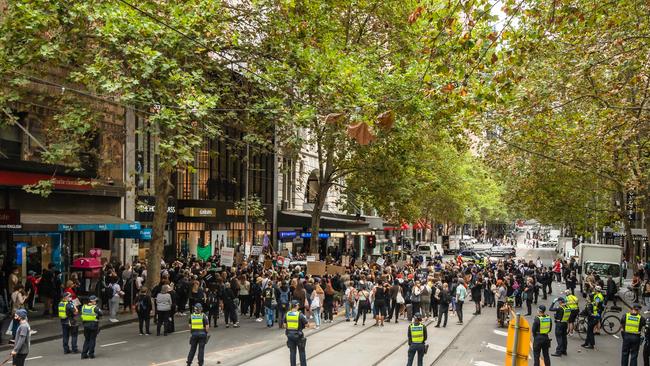
Our politics are often polarised and social media vicious. We are pressured to take sides, and the language is extreme. In the endless cycle of aggression and anxiety, it’s all or nothing.
We can feel that not much has changed since that first Good Friday. Jesus went to His death with the mob jeering and spitting at him, baying for His blood. Stripped naked, abandoned by his friends, and even (so it felt) by his Father-God. Crucifixion was not only the most painful punishment, but also the most humiliating and demoralising.
One way or another, the good always meets such opposition.
Angry mobs still demand crucifixion — or cancellation. There seems to be no room for debate, for listening, persuading and being persuaded, for the good kind of compromise. The language of tolerance and live-and-let-live has been replaced by totalising ideologies and loyalty groups.
The temptation to employ an all-or-nothing approach is common to all religious, political and social causes and campaigns. No one is immune.
Social media anonymises and dehumanises, so we never encounter those with whom we disagree. If we only ever meet in protest and counter-protest, we will never find common ground.
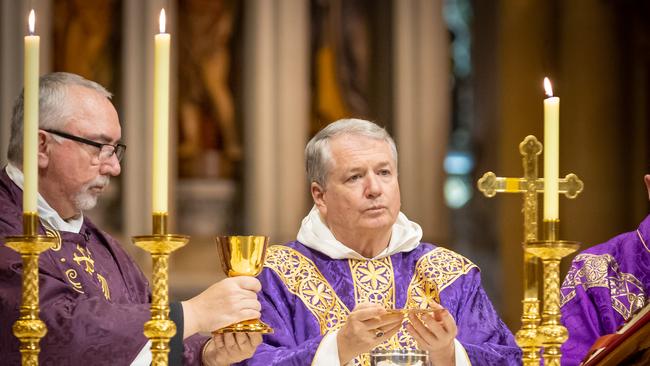
There is a pervasive culture of indignation, real or imagined. The outrage industry requires us all to be angry about something, all the time. And there are new techniques for trolling, defaming, silencing those we oppose. Every transgression is surveilled, recorded, published and recalled, even those of our youth and those for which we’ve apologised and sought to make amends. Cancel culture says: “No reconciliation is possible, there is no redemption.”
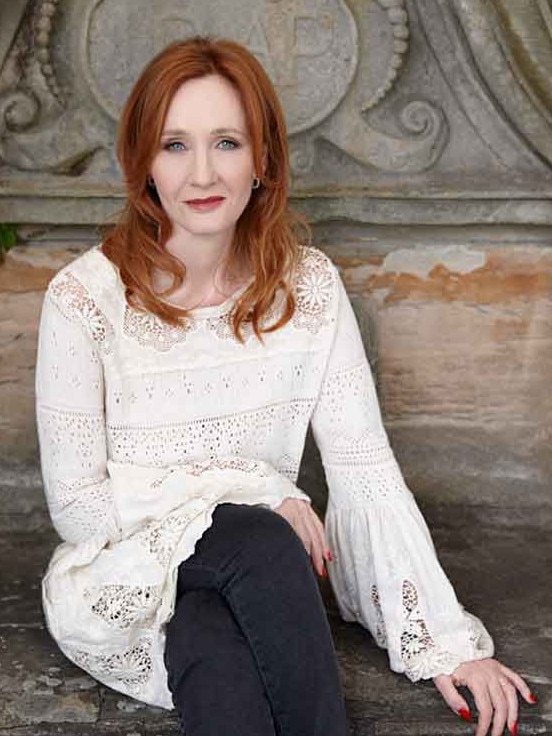
It is into these deep divisions that the Easter message must be spoken anew.
Easter is a season of contradictions: violence and peace, heartache and joy, light and darkness, death and resurrection. A time of forgiving and seeking forgiveness. As he was dying on the cross, Jesus famously appealed on behalf of his persecutors and all of us: “Forgive them Father — they don’t know what they are doing.”
Easter says that even the worst sin can be forgiven, if there is genuine contrition and amends. That even the worst sinner, the greatest outcast, can be redeemed. No matter who you are or what you’ve done, redemption is possible. Not only possible, but deeply desired by a God who so loved the world, he gave his only Son for you.
Easter is the antithesis to cancel culture and we are all invited to participate in its healing.
Jesus had already commanded his disciples to love their enemies, forgive endlessly, turn the other cheek. He wanted them to be known for their love of all, especially the weak and unloved. He counselled them against storing grievances and counting up what they were owed.
If they wanted to be children of the God who makes the rainfall on the good and bad alike, they had to stop dividing humanity into allies and foes. Everyone is either our friend already or a potential friend. And we want peace with them all.
Such Easter talk is as countercultural as ever.
Easter calls us to end the factions and hostilities. “Enough now. Put away the sword. Peace be with you. My own peace I bequeath to you.” There’s so much more to take joy in than there is to complain about.
There is a future beyond the tombs we feel trapped in and the grave that will eventually claim us. Easter promises better, beyond our present aggravation or suffering.
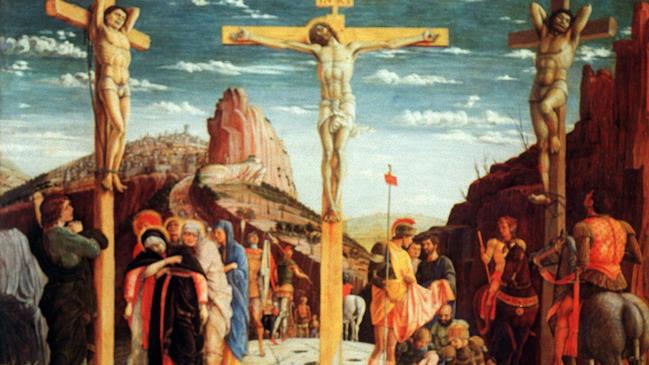
Of course, there are just complaints and sometimes they must be made aloud. And dumping the cancel culture and the endless indignation does not mean ceasing the pursuit of truth. Quite the opposite. Genuine public debate and peaceful protest can be a force for good. Throughout history, persistent objection to unjust laws and policies have changed societies for the better and liberated the oppressed. But our endeavours should always reflect a respect for the other person and good will towards all.
The empty tomb of Jesus was a sign of God’s victory over hatred, violence, death, over everything that diminishes the human person and community.
Amor vincit omnia: love overcomes everything. Authentic love, that is, self-sacrificing, not self-indulgent love.
As Jesus rose glorious but still with the wounds of human cruelty, his followers are called to bring Easter redemption to every site of conflict and hurt. We join Jesus on the cross, in the tomb, and in glory saying: “Forgive them Father.”
Anthony Fisher is the Catholic Archbishop of Sydney

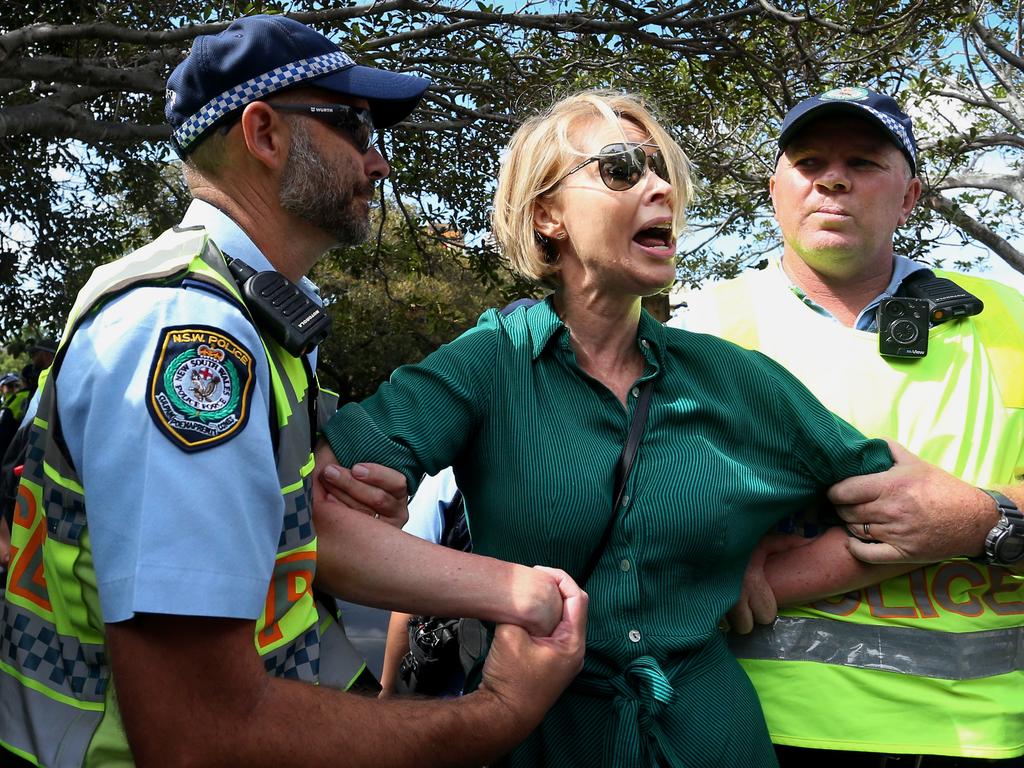


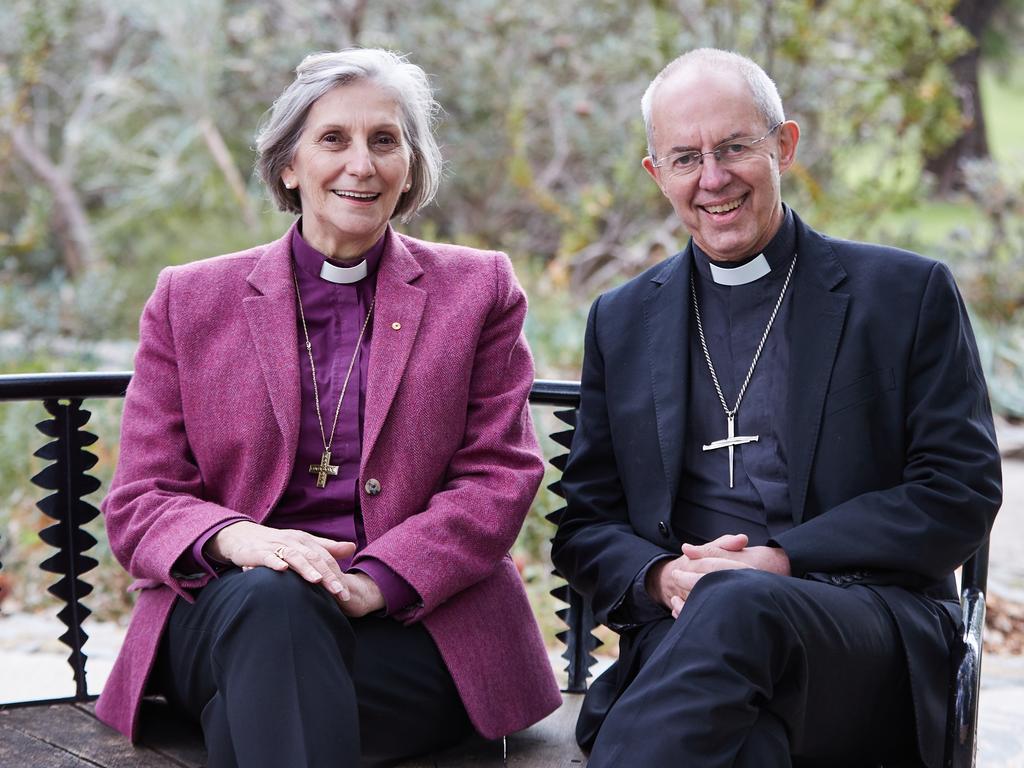


In many ways contemporary societies are deeply divided.